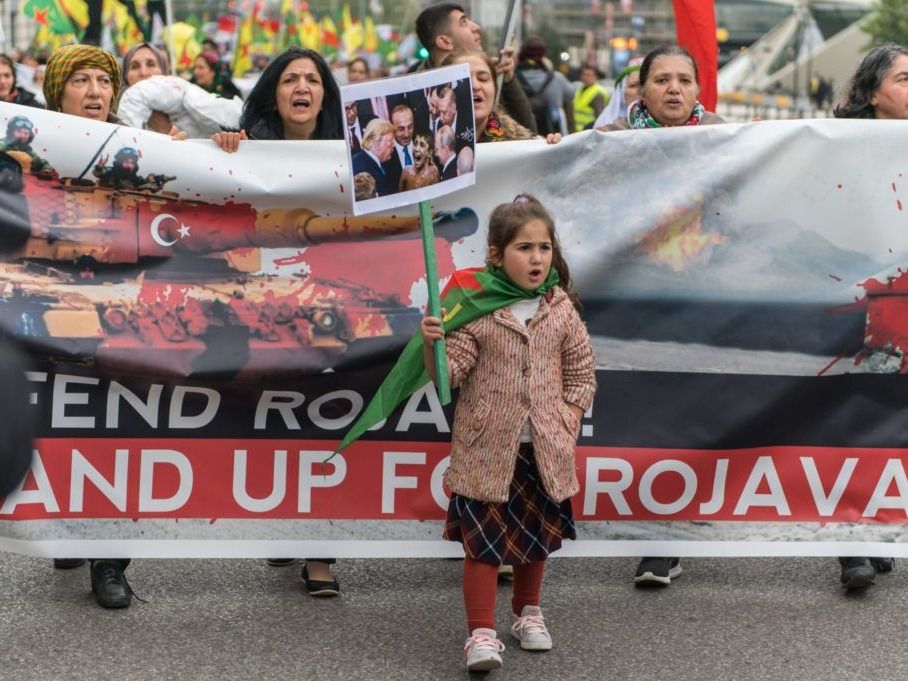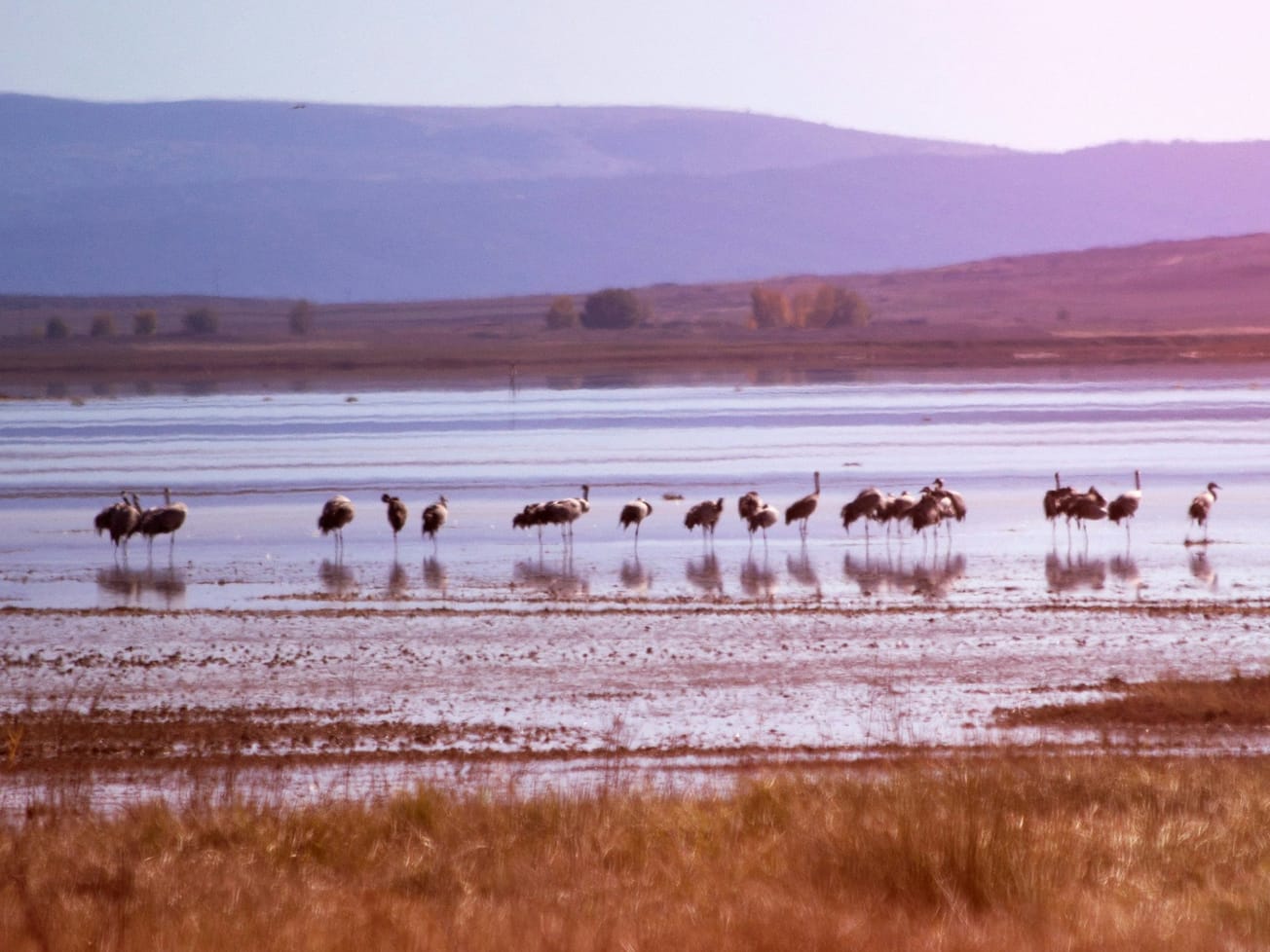GENEVA (AN) — Syrian peace talks were held for the first time under the auspices of a new Syrian constitutional committee and were "impressive" enough to last another week, the U.N. special envoy to Syria, Geir Pedersen, said on Friday.
The Syrian-led committee, a United Nations-authorized assembly of 150 government, opposition and civil society members, convened its first meetings at the U.N. offices in Geneva this past week and will keep going into next week, Pedersen said. About 30% of the committee's attendees are women.









